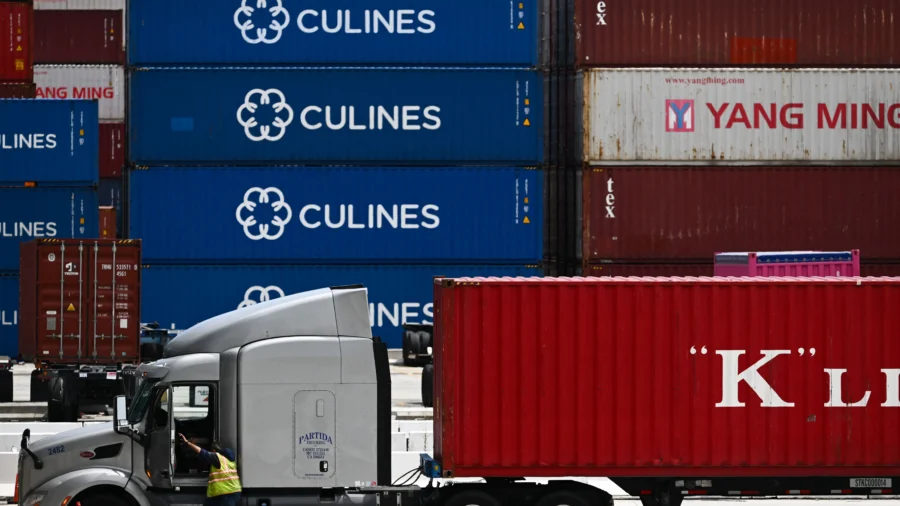A new report from the banking and personal finance site WalletHub named Washington as having the best state economy in the United States, while Mississippi had the worst ranking.
The report used 28 key indicators of economic performance and strength, including three key dimensions: economic activity, economic health, and innovation potential.
Some of the other key indicators were the change in GDP from 2022 to 2023, exports, the unemployment rate, jobs in high-tech industries, and the number of fast-growing firms in the state.
Washington state had an almost absurdly high amount of R&D investment, which led to start-ups and a high number of jobs in high-tech industries. High household incomes and a high number of invention patents bode well for the state’s future growth.
The report noted that the size of some state economies in the top 10 of the list—California, Texas, and Florida—would be in the top 20 of world economies because of their size if they were individual countries.
Even though California was ranked 49th in economic health, it is still ranked as the fifth-best economy because of its size, sheer amount of economic activity, and innovation potential.
California is experiencing significant outmigration, according to the U.S. Census Bureau. Of the 8.2 million people who moved from one state to another in 2022, California experienced a net loss of 341,866 residents—the highest of any state.
Texas and Florida both had low outmigration rates, with Texas having the largest population growth of any state in 2023 as well.
Other state economies in the top 10 include Utah, Massachusetts, Colorado, and the District of Columbia.
Other states at the bottom of the heap include Ohio, Rhode Island, West Virginia, and Hawaii.
WalletHub analyst Cassandra Happe said about the findings in a press release, “A strong state economy doesn’t guarantee success for the state’s residents, but it certainly makes financial success more attainable. Factors like a low unemployment rate and high average income help residents purchase property, pay down debt and save for the future. The best state economies also encourage growth by being friendly to new businesses and investing in new technology that will help the state deal with future challenges and become more efficient.”
Some of the states at the bottom of the list, like Mississippi, can still be attractive because they have a lower cost of living than the states at the top. This means that residents’ dollars can stretch further there than they would in California or even Florida.
According to Bankrate’s cost of living calculator, the cost of living in Mississippi is only slightly more than half that of Los Angeles, California.
Still, states with higher-ranked economies will have more job opportunities for high achievers, as well as better options for housing and education for families, which makes them more attractive for many people building their careers.
In an email interview with NTD News, Central Michigan University professor Robert E. Wright advised states who want to improve their economies to strive for “higher levels of economic freedom,” including educational choice and less stringent occupational licensing requirements, which only hurt the poor.
He put forward three ideas about economic freedom for states to strive toward, based on Adam Smith’s principles in 1750: “Peace, easy taxes, and a tolerable administration of justice.” These play out in preventing riots and looting, low, predictable taxes that are easy to pay, and justice “not poisoned by animus towards any particular person or group.”
According to Mr. Wright, economic indicators are “all over the place,” which makes it difficult to know where the economy is headed for the rest of 2024.
“The long-term outlook is fraught” due to U.S. involvement in wars and the threat of higher taxes, Mr. Wright said.
“There is little indication that the election in November will rectify matters, no matter its outcome,” he added.

